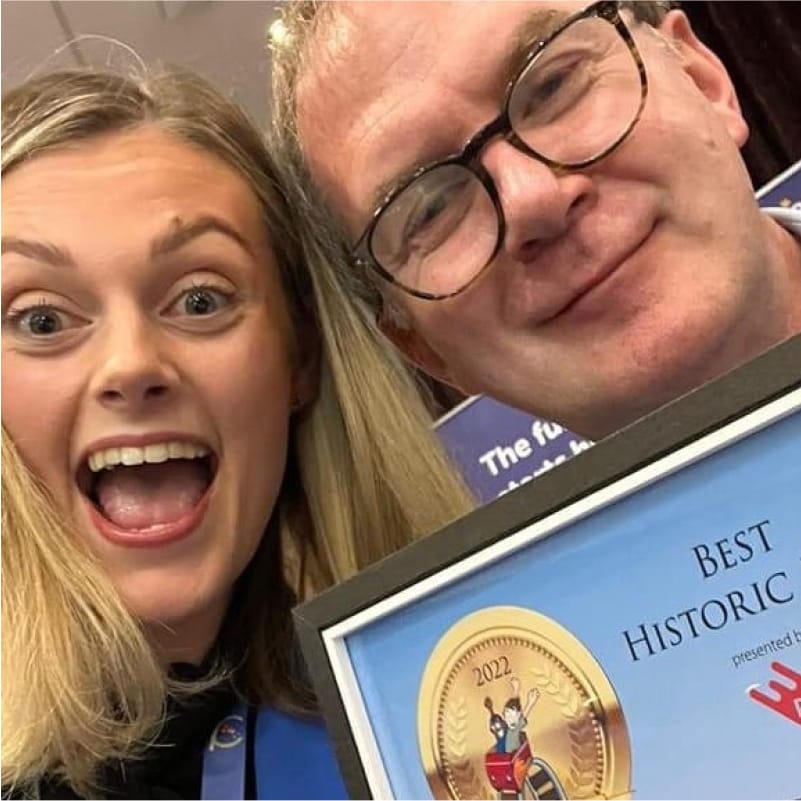Wild Birds at Wicksteed Park
At Wicksteed Park, we are fortunate to host a diverse array of wild birds, each contributing to the natural beauty and ecosystem of our beloved park.
From the graceful swans gliding across the lake to the cheerful robins flitting through the trees, these wild birds are an integral part of our environment.
We kindly remind all visitors that these birds are wild animals and should be treated with respect and care.
Please refrain from touching, approaching, or attempting to harm any of the birds. Their natural behaviour and well-being depend on minimal human interference.
Additionally, we ask that you do not feed the birds bread, as it is harmful to their health. Instead, consider offering healthier alternatives such as birdseed, peas, corn, oats, or chopped lettuce. These options provide the necessary nutrients without causing harm.
Later in the year, a duck feeding station will be installed in the park.
Observing our beautiful wild birds from a distance and feeding them appropriate foods ensures that they remain safe and stress-free, allowing everyone to enjoy their presence in the park.
Thank you for helping us protect and preserve the wildlife at Wicksteed Park.

Other News

Wicksteed Park’s Iconic Water Chute Voted as UK’s Best Historic Ride
Wicksteed Park’s Water Chute is the oldest ride of its kind in the UK. The Water Chute has been judged as the country’s Best Historic Ride in the 2022 UK Theme Park Awards.

Help Make Christmas Special with Mother Christmas
Spread the joy of Christmas this year by helping Mother Christmas ensure all of Northamptonshire’s children have a gift to open.

Launch of New Ferris Wheel Ride to Mark 2023 Opening
We are excited to announce the first of this year’s new additions – a fantastic new 25-metre high Ferris Wheel.